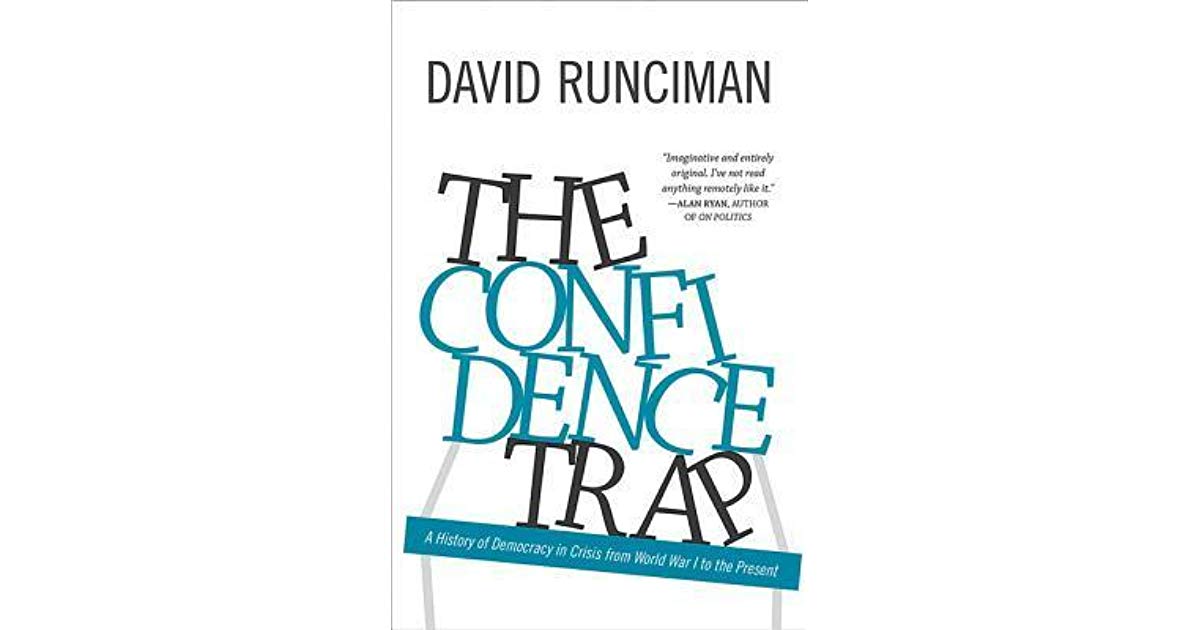Runciman’s The Confidence Trap is a sobering account of how democracies have muddled through a variety of crises in the 20th century. According to Runciman, it is this capacity to ‘muddle through’ that makes democracy distinctive and has allowed it to outperform (inflexible) autocracy as an effective form of political organisation when faced with major wars, Cold War political stand-offs and the like.
Does this mean that democracy is well placed to respond to the current crisis of climate change? In a short section on contemporary challenges in the conclusion of the book, Runciman is circumspect. He highlights how the structural characteristics of climate change (especially its temporarily distant impacts) differ markedly from earlier crises. Democracies are at their best when challenges cannot be avoided.
While he does not make this distinction, Runciman’s analysis suggests that democracies will be better placed (than other political systems) to adapt to the ravages of climate change, but poor at responding to the demands of mitigation.
Runciman reminds us that ‘muddling through’ is a real virtue of democracy, but he also takes the institutional framework of democracy as given. We are left with the question of the extent to which democratic institutions might be crafted such that they are more effective at dealing with long-term challenges such as climate change.




